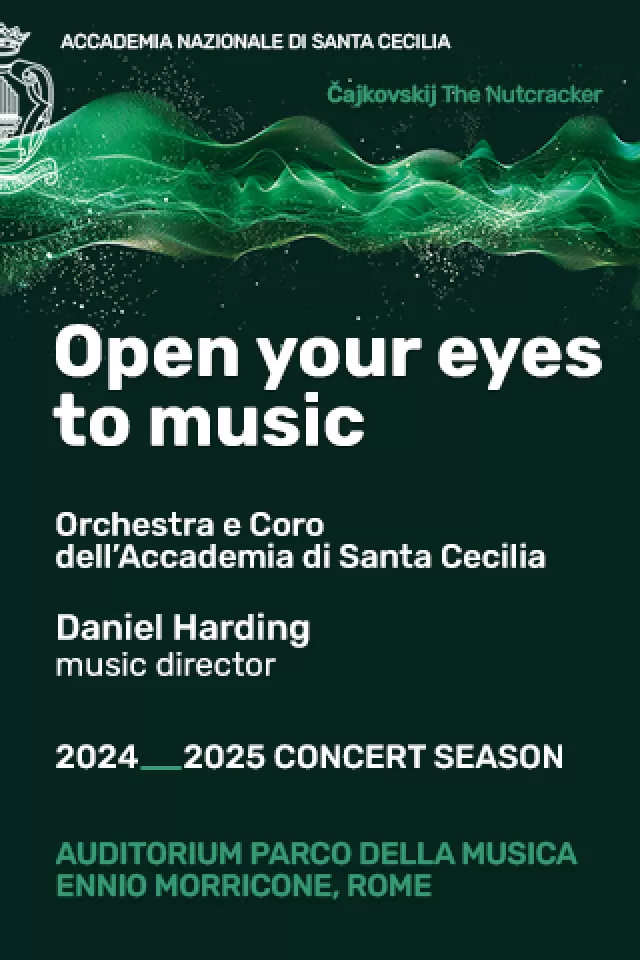Football fans around the world will be tuning in to watch the opening UEFA Euro football tournament in Rome. Here is a practical guide for those living in, or visiting, the capital during Euro 2020.
Rome hosted the opening match of the Euro 2020 football championship last Friday, beating Turkey 3-0 in a Group A match, preceded by a live performance from Andrea Bocelli and a spectacular fireworks display.
The match was one of four Euro 2020 games being held in Rome, with Italy beating Switzerland 3-0 on 16 June.
The other two Euro games in Rome's Stadio Olimpico include another Group A match and a quarter final:
Sunday 20 June - Italy vs Wales (18.00)
Saturday 3 July - QF4: Winner 8 vs Winner 7 (21.00)
Rome among the 11 host cities staging the 51 fixtures of the long-awaited European football championship, postponed from last year due to covid-19.
Stadium rules
Rome's Olympic Stadium will host 16,000 fans per match, due to Italy's covid-19 restrictions, with the arena operating to 25 per cent of its capacity.
Tickets are divided into four entrances / seating areas at the stadium: A, B, C and D.
Ticket holders will be admitted according to time slots, with 30-minute windows to arrive at the stadium, in accordance with social distancing protocols.
Fans must wear protective face masks and UEFA strongly recommends the surgical or FFP2 variety.
Fans will be admitted by showing a negative covid-19 test result not older than 48 hours, proof of vaccination or certificate of previous covid infection.
How to get to the stadium
Reaching Stadio Olimpico by public transport. For those with tickets for Entrances A or B, there are free shuttle services from the central Termini train station and Tor di Quinto Park and Ride.
For those with tickets for Entrances C or D, the recommended routes include walking from Ottaviano Metro A station (the city has marked the route with sign posts) or taking the free shuttle service from Cipro Metro A station.
Where to watch the Euro 2020 matches in Rome
Rome has set up a Football Village in Piazza del Popolo where fans can cheer on Italy in its quest to win the Euros for a second time after lifting the trophy on home soil in 1968.
Rome's Football Village open to the public at 10.00 on 11 June and will remain open until 23.00 each evening until 11 July.
In addition to giant television screens, the village will host football pitches where visitors can compete for free, as well as a stage for DJs and musicians.
A maximum of 1,680 visitors will be permitted to enter the Football Village, to comply with covid-19 regulations.
Piazza del Campidoglio, seat of Rome's city hall, will host two special events on the evenings of Friday 11 and Saturday 12 June, at 21.45 and 22.45.
Fans can enjoy a videomapping, light and sound show with live musical performances tracing the history of Italy in the Euros from 1968 to 2021.
On Via dei Fori Imperiali, opposite the Roman Forum, a maximum of 1,000 people will be permitted to watch the Stadio Olimpico's four games on giant screens on 11, 16, 20 June and 3 July.
Eataly at Ostiense has set up a Birreria dello Sport, on the first floor, for the duration of the Euros and will be showing all the games, while also in Ostiense, the Gasometro Village with show all of Italy's matches.
Pubs and bars in Rome have recently reopened, with Scholars Lounge on Via del Plebiscito among the best in the city for showing matches on big screens with commentary in English.
Who are the players in Italy's Euro 2020 squad?
The 26-man squad chosen by manager Roberto Mancini for the Euro 2020 tournament are as follows:
Goalkeepers: Gianluigi Donnarumma, Alex Meret, Salvatore Sirigu
Defenders: Francesco Acerbi, Alessandro Bastoni, Leonardo Bonucci, Giorgio Chiellini, Giovanni Di Lorenzo, Emerson, Alessandro Florenzi, Leonardo Spinazzola, Rafael Tolói.
Midfielders: Nicolò Barella, Bryan Cristante, Jorginho, Manuel Locatelli, Lorenzo Pellegrini, Stefano Sensi, Marco Verratti.
Forwards: Andrea Belotti, Domenico Berardi, Federico Bernardeschi, Federico Chiesa, Ciro Immobile, Lorenzo Insigne, Giacomo Raspadori.
What are the Euro 2020 groups?
The 24 participating countries are divided into six Euro 2020 groups of four teams:
Group A: Turkey, Italy, Wales, Switzerland
Group B: Denmark, Finland, Belgium, Russia
Group C: Netherlands, Ukraine, Austria, North Macedonia
Group D: England, Croatia, Scotland, Czech Republic
Group E: Spain, Sweden, Poland, Slovakia
Group F: Hungary, Portugal, France, Germany
Euro 2020 rules
With 24 teams competing for 16 knockout places in games taking place all over Europe, the group winners, runners-up and the best four third-placed teams will qualify.
The top two teams from each group will qualify for the next round, the Round of 16. The four best third-placed finishers will also head into Round of 16.
After this, Euro 2020 will have the quarter-finals, the semi-finals and the final.
If two group opponents teams are level on points, positions will be determined firstly by goal difference, and then by the head-to-head record between the teams.
Euro 2020 fixtures
For full details, including fixtures, see the UEFA Euro 2020 website. Photo: fifg / Shutterstock.com.


















